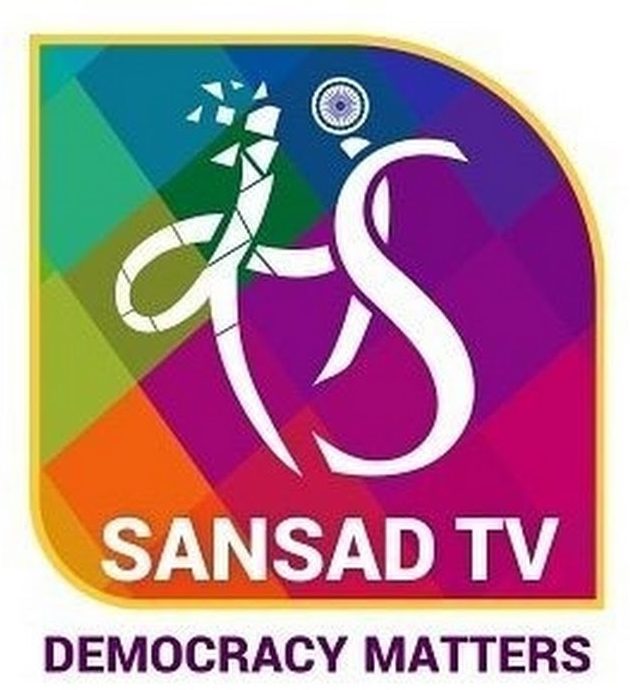[ad_1]

Introduction:
The 1971 war saw the Indian Army defeating the Pakistani army and taking in around 93,000 Pakistani prisoners while ensuring 75 million people of Bangladesh their independence. The war started when Pakistan launched air strikes on 11 Indian airbases. It was for the first time in which India’s all three forces fought in unison on both western and eastern sectors.
- Economic Prowess of East Pakistan:
- Most of the foreign exchange was earned by exports from East Pakistan which was poorly defended when the big war of 1965 with India was fought.
- Disparity of Governance:
- Punjab and the Punjabi-dominated army ruled Pakistan soon after the birth of Pakistan.
- The services were also dominated by Punjabis through quotas but East Pakistan dominated in literacy and high education.
- Top seats in the civil services exams always went to East Pakistan.
- Military Rule:
- General Ayub Khan took over Pakistan in 1958, the East Pakistan’s needs and demands were completely suppressed.
- Until 1962, martial law continued and Ayub purged a number of politicians and civil servants from the government and replaced them with army officers.
- Distance factor:
- Pakistan couldn’t tackle the strange phenomenon of being divided by a thousand miles of India.
- Six-Point Program discarded:
- The six point program of Mujib-Ur-Rahman in 1966 for economic and political autonomy of East Pakistan was discarded.
- Imposition of Urdu:
- Urdu was made the “National Language” of Pakistan. The requests from East Pakistan and option of Arabic were turned down.
- Genocides and Refugee Problems:
- There was a systematic ethnic slaughter which qualified as genocide. There was clear ethnic or religious targeting of the Hindu minority among the Bengalis.
- By July-August 1971, 90% of the refugees were Hindus concentrated in the border districts of West Bengal with large Muslim populations.
- The Response of West Pakistan to 1970 cyclone which ravaged East Pakistan was minimal and lacked compassion.
- Immediate Cause:
- The Awami League, led by Sheikh Mujibur Rahman, won a landslide victory in the national elections in 1971 and demanded autonomy for East Pakistan.
- This victory also gave it the right to form a government, but Zulfikar Ali Bhutto, the Chairman of the Pakistan People’s Party refused to let the Sheikh become the Prime Minister of Pakistan. This initiated the war.
Factors that led to India’s victory over Pakistan
- Timing of war
- India chose to fight against Pakistan in the winter months when the Himalayan passes were snowbound thus cutting China’s military support to Pakistan.
- Decisive Leadership
- Indira Gandhi had been a hawkish leader known for her firm decisions.
- Her stand didn’t collapse even under US pressure by 7th Fleet Naval mobilization threat.
- Astute Diplomacy
- The then Prime minister Indira Gandhi sought international opinion to the cause of Bangladesh and made aware of India’s unbearable burden of refugees.
- She build a consensus to force a UN resolution condemning the Pakistani atrocities in Bangladesh.
- Military assistance
- India not only gave sanctuary to the Bangladeshi government-in-exile but also trained and equipped the Mukti Bahini.
- Large-scale usage of Indian Air Force compared to 1962 War against China.
- Success of operations conducted by navy on western fronts by attacking Karachi and blockading of eastern front by naval ships.
- Mutual cooperation
- Mutual cooperation between Indian armies and Bangladeshi local population in the East Pakistan making it difficult for Pakistani armies to survive there.
- Friendship treaty
- To secure itself against a possible U.S.-China intervention in case events led to war, India signed on August 9 a 20-year Indo-Soviet Treaty of Peace, Friendship and Cooperation.
Conclusion
India played the great role in emergence of independent Bangladesh and was the first country to recognise Bangladesh as separate state. India’s humanitarian intervention in Bangladesh has shaped South Asia, made it a responsible power in the region. India’s links with Bangladesh are civilisational, cultural, social and economic. The shared colonial legacy, history and socio-cultural bonds demand that the political leadership of the two countries inject momentum into India-Bangladesh relations.
[ad_2]

